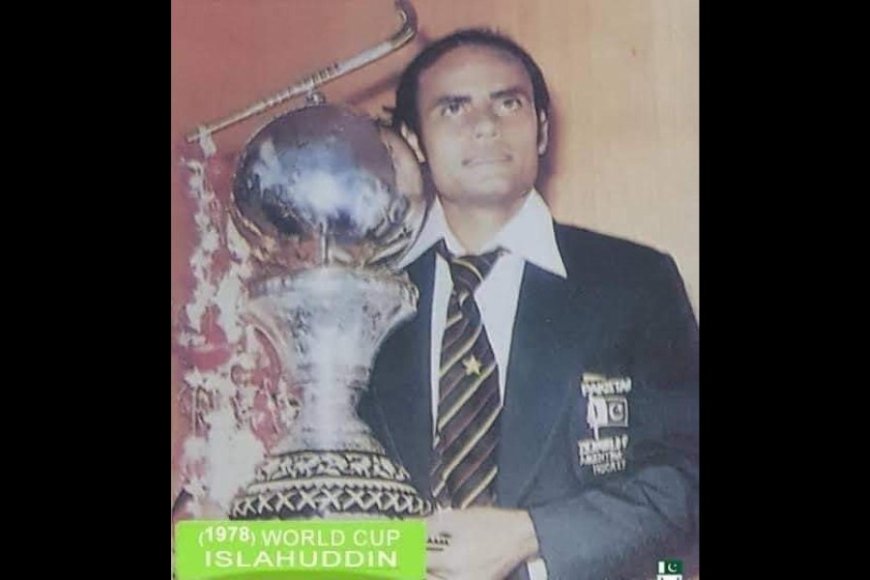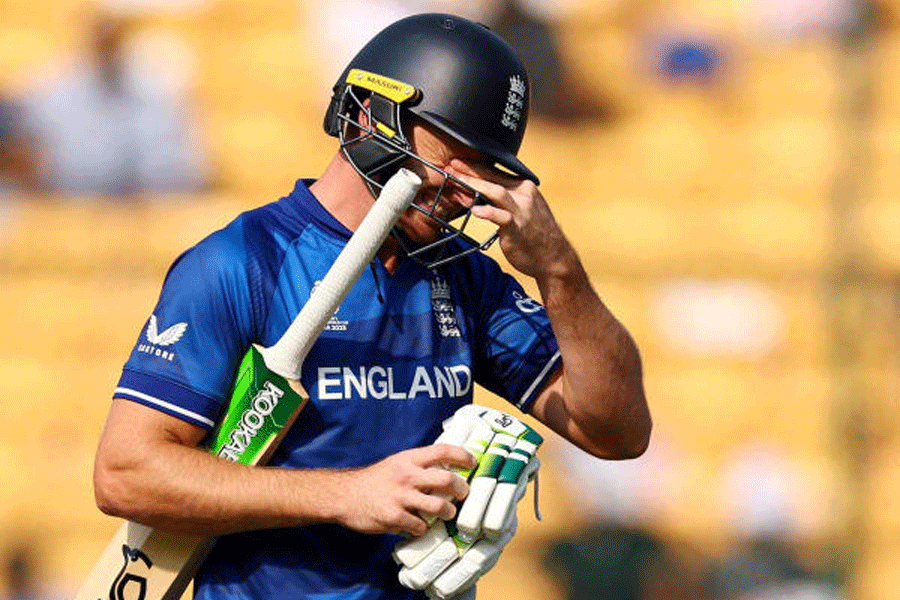1978 World Cups: Hockey Inspired Football as Pakistan and Argentina Reigned
Captains Siddiqui (Hockey) and Passarella (Football) Led Victories, Menotti Hailed Pakistan's Tactics

Certainly! Let's delve into the fascinating connection between Daniel Passarella, Islahuddin Siddiqui, and the 1978 World Cup.
The 1978 World Cup: A Tale of Triumph and Controversy
The 1978 FIFA World Cup held in Argentina was a momentous event. Argentina, led by coach Cesar Luis Menotti, emerged victorious, clinching their first-ever World Cup title. But behind the jubilant celebrations lay a darker truth.
Daniel Passarella: Argentina's Youngest World Cup Captain
Daniel Passarella, a talented defender, played a pivotal role in Argentina's triumph. At just 25 years and one month old, he became the youngest captain to lift the coveted World Cup Trophy. Passarella's leadership and defensive prowess were crucial for Argentina's success on home soil⁴.
Islahuddin Siddiqui: Pakistan's Hockey Hero
Meanwhile, in the same year, Pakistan's hockey team was making waves at the 1978 Hockey World Cup. Islahuddin Siddiqui, a legendary player and captain, led Pakistan to victory in the tournament. With players like Samiullah Khan, goalkeeper Saleem Sherwani, Manzoor Hussain, and Akhtar Rasool, Pakistan showcased their silken skills and dominated the field⁸.
The Unsettling Connection
But what connects these two seemingly unrelated events? It's the backdrop of political turmoil and human rights abuses in Argentina during that time. The military junta, led by General Jorge Rafael Videla, ruled the country with an iron fist. Operation Condor, a state terror campaign coordinated across South America, targeted left-wing opponents. Innocent political prisoners suffered in concentration camps, while the nation celebrated its sporting achievements.
On the day of Argentina's World Cup victory, the noise of El Monumental's festivities reached a building that claimed to be the Naval School of Mechanics. Behind its façade lay a concentration camp where political opponents were tortured and dehumanized. Daniel Passarella lifting the World Cup with General Videla grinning in the background became a haunting image. Prisoners, forced to watch the celebrations, grappled with conflicting emotions—love for their national team versus the pain inflicted by their own nation¹.
Menotti's Dilemma
Cesar Luis Menotti, Argentina's football coach, faced immense pressure. Winning the World Cup was not only about football glory but also about bolstering the regime's image. The Netherlands, Argentina's rivals in the final, almost boycotted the tournament due to concerns about human rights abuses. Menotti needed success to deflect attention from the regime's atrocities.
The Shared Glory
In this complex web of events, Islahuddin Siddiqui's memories resurfaced. Pakistan's hockey triumph and Argentina's football victory were intertwined. Both teams achieved glory in a year marked by controversy, political unrest, and conflicting emotions. While Passarella lifted the World Cup, Islahuddin and his team etched their names in hockey history. Their shared moment of triumph remains a testament to the resilience of athletes amid challenging circumstances⁶.
So, when we remember the 1978 World Cup, let's not forget the untold stories—the ones that connect hockey sticks and football boots, heroes and prisoners, and the pursuit of victory against a backdrop of darkness and turmoil.
Except for the headline, this story has not been edited by Press Time staff and has been published from a syndicated feed.





















































